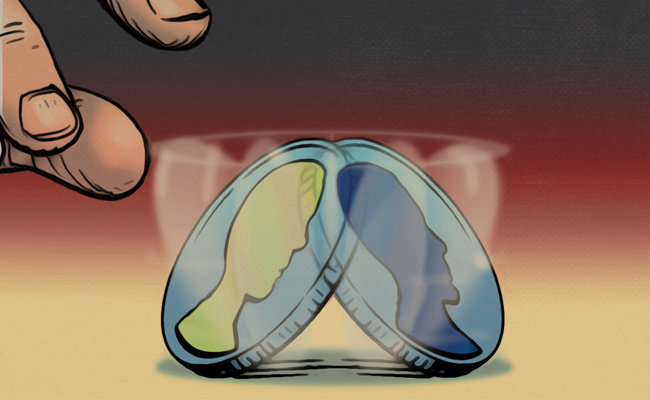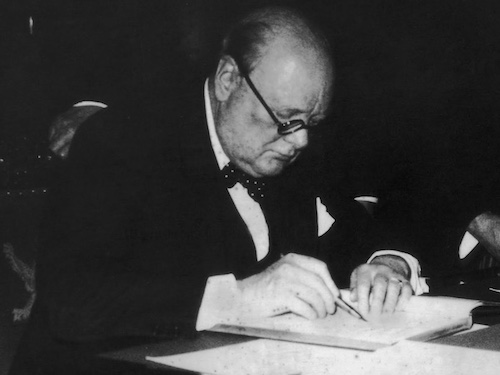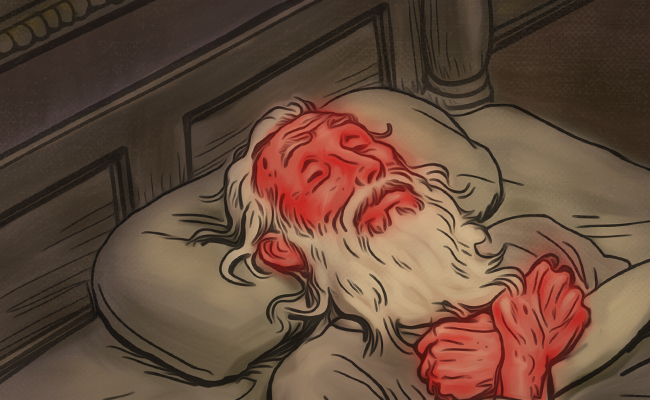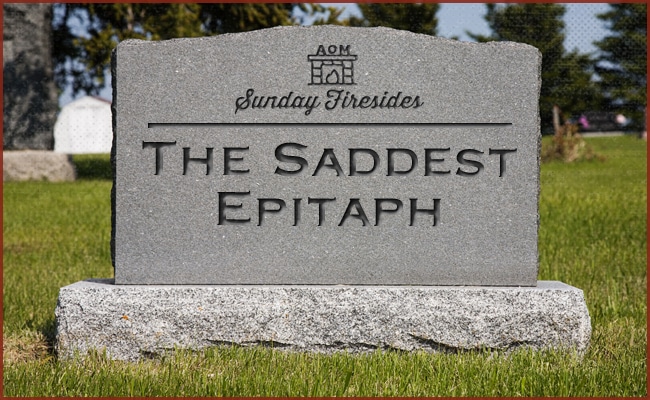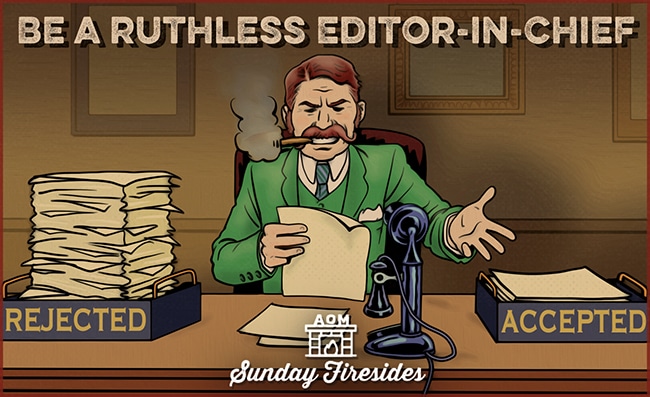
For almost the entirety of the history of media, gatekeepers controlled what content made it into the purview of the public.
Editors and station managers determined what programs were broadcast on the air, what articles were included in magazines, and what books were published.
Today, the influence of these gatekeepers no longer dominates the media landscape. Anyone can push their message out to everyone else.
This shift has had a distinct upside in democratizing the dissemination of all kinds of content (like, say, this independently published piece right here).
But it has also had a definite downside in amplifying the quantity of content to an overwhelming degree and making its quality a far more checkered bag.
In the age of gatekeepers, new content was released at a reasonable pace; someone could read their favorite magazines cover to cover, listen to/watch the limited number of available radio/television shows, and catch up on the latest books before the next batch of media arrived. And while what did get released was filtered through the taste of a select segment of the population, it had at least been vetted, edited, proofread, and fact-checked.
Now, what was once a periodic stream of content has become an endless torrent. There exist millions of podcasts, more books than you could read in a dozen lifetimes, and the so-called “infinity pools” of social media, the bottoms of which can seemingly never be reached, no matter how much you scroll. And the caliber of all this available content varies wildly — from the putrid and awful to the thought-provoking and sublime.
In this post-gatekeeper era, no one is coming to turn down the faucet for you; the buck stops at the figurative desk of every individual. Every modern citizen must become their own editor-in chief, and must embrace this role and responsibility with the ruthlessness of the media titans of old — who issued far more rejection letters than acceptance notices.
The foundation for the judgment of these editors rested on their understanding of and commitment to the mission of their periodical or publishing house. They wanted sales and popularity, of course, but the best also had a greater purpose: to inform the public, influence the culture, or propagate art that would stand the test of time.
If you feel like you’re drowning in the flood of modern media, it’s because you haven’t established this kind of clear purpose for your life. Once you do, you’ll develop a rubric of questions for evaluating what content you consume:
Does this content move me closer to or further from my ultimate aim? If what we consume becomes our thoughts, our thoughts become our actions, and our actions become our character, can I give the things I watch, listen to, and read — the things I’m turning into — a grade of B or above? The lure of a compelling headline aside, does this topic actually interest me? Does this content educate and edify? And when I’m seeking pure entertainment, which everyone sometimes needs, does it at least not appeal to the most reptilian part of my brain, and make me feel lower, baser, and stupider as a result?
An old-school paper made it its mission to publish all the news that was fit to print. As your own editor-in-chief, make it yours to fill the pages of your life with only the content that’s fit to pass through your mind, absorb into your spirit, and be given your precious time.


